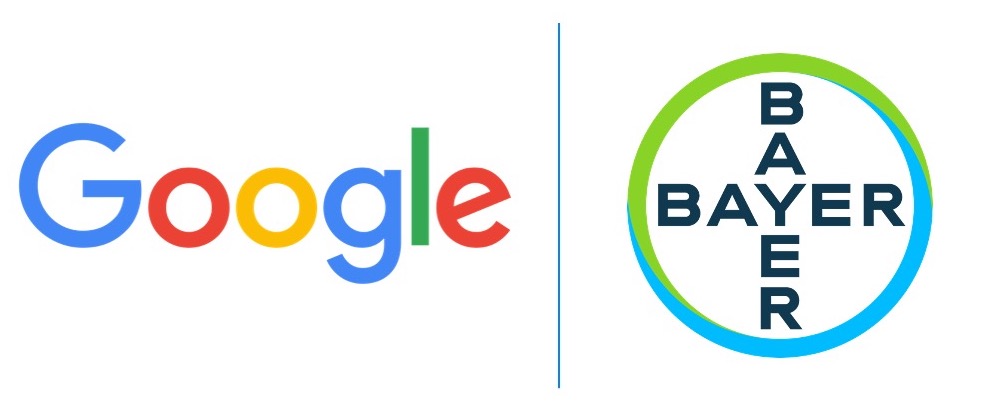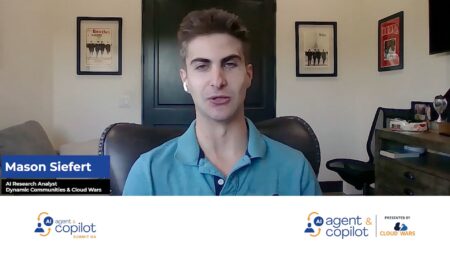Welcome to the AI Ecosystem Report, featuring practitioner analyst and entrepreneur Toni Witt. This series is intended to deliver the timely intelligence about artificial intelligence (AI) you need to get up to speed for an upcoming client engagement or board meeting.
This episode is sponsored by the AI Summit Preconference at Community Summit, taking place October 16th in Charlotte, NC. The full-day preconference is dedicated to providing an understanding of where, why, and how AI should be applied to drive business results.
Highlights
Innovation (00:44)

Pharmaceutical company Bayer has partnered with Google to optimize with AI. It uses Google’s Tensor Processing Units (TPU), specialized hardware made for large matrix operations and training machine learning models.
Bayer is using the hardware for solving quantum chemistry problems in the process of drug discovery. Additionally, it’s using AI to accelerate the process of clinical trials. A key use case for generative AI is generating the right regulatory documents and other materials needed in the testing and compliance journey.
The company is also using Med-PaLM 2, which is designed specifically for medical use cases. With this, generative AI can speed up the document-making process and pull from live data sources. These use cases exemplify the impact that AI technology is having in larger industries, such as healthcare.
Funding (04:18)

Formerly known as Generally Intelligent, Imbue raised a $200 million Series B round of funding. The company is trying to build “truly personal computers that give freedom, dignity, and agency to do what we love.”
The focus is on building AI agents that are actually autonomous, helpful, can reason well, and ask questions to learn from you; overall, a lot more robust than current computers. In an effort to execute this goal, Imbue is focused on the entire stack, doing theoretical research and building tools for policymakers. It’s using its own tools internally, testing and training its own models.
The agents that Imbue is building and testing are designed to write code similar to other copilots. By building its own models, Imbue is able to code in a way that closely resembles reasoning. If AI agents can reason better, that will enable more functionalities.
Product of the Week (07:26)

Walmart launched a generative AI assistant called My Assistant. It’s a mobile and desktop app for Walmart corporate associates, so it’s an internal tool. The tool allows associates to speed up document drafting and help with overall communications.
It comes with a 30-minute training session telling associates the difference between AI and generative AI. Associates also get a sandbox version of the tool to learn how to use it before implementing it in their daily work lives.
This tool was created from scratch just for the internal use of Walmart employees. For the right enterprise companies, especially those with Walmart’s engineering budget, there is a lot of value in keeping AI features — their development and deployment — in-house, especially for data privacy and security reasons. By providing an internal AI tool, it mitigates the temptation for employees to use other AI tools that can be a potential data risk and increase costs.
It’s important to note that AI and automation aren’t replacing the employees of Walmart, but rather augmenting their work lives.










